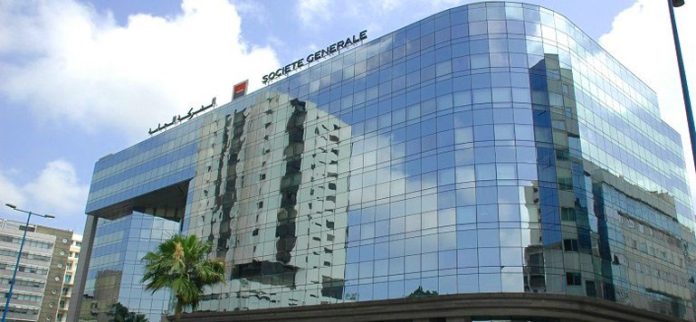Barely two months after being acquired by Saham Group, led by Moroccan businessman Moulay Hafid Elalamy, Société Générale Maroc (SGMB) faces a downgrade in its credit rating by Fitch Ratings. The bank’s long-term national rating has been lowered from ‘AAA(mar)’ to ‘AA(mar)’, with a stable outlook. Meanwhile, its short-term rating remains unchanged at ‘F1+(mar)’, confirming concerns surrounding the recent ownership transition.
According to Fitch, the downgrade is directly linked to the change in ownership. SGMB’s exit from the French Société Générale S.A. umbrella means the loss of an implicit international support guarantee, now replaced by a domestic shareholder whose backing is considered less robust. While Fitch acknowledges SGMB’s systemic importance to Morocco’s economy, the bank’s future now hinges on the capabilities of Saham Group and the local economic landscape.
This downgrade comes as an unexpected blow to SGMB, which had set ambitious goals to strengthen its market position under its new ownership. Compared to competitors such as Attijariwafa Bank and BMCI—both benefiting from solid shareholder backing—SGMB now finds itself in a more challenging position, on par with Bank of Africa but still ranking above Crédit Immobilier et Hôtelier (CIH).
Despite the rating adjustment, SGMB’s financial indicators remain resilient. According to its latest financial report, the bank has maintained a healthy balance between investment and cost management. Operating expenses grew by only 1.32% in social terms, while consolidated expenses actually decreased by 3.22%. Furthermore, SGMB’s net banking income saw a 4.36% increase in the third quarter of 2024, reaching 4.3 billion dirhams—an indication of ongoing commercial strength.
Holding a 6 to 7% market share in loans and deposits, SGMB remains Morocco’s fifth-largest bank, playing a pivotal role in the country’s financial ecosystem. Its past profitability as an African subsidiary of Société Générale S.A. highlights its deep local roots and ability to navigate periods of transition.
A credit rating downgrade is never without consequences. It could directly impact SGMB’s financing costs, as a lower rating signals higher credit risk, potentially leading to higher return demands from investors. In practical terms, borrowing on financial markets might become more expensive for the bank.
Moreover, this announcement could shake client confidence—especially among multinational corporations—who may now question the bank’s stability under its new ownership.
Despite these challenges, Société Générale Maroc will need to adapt to this new reality and demonstrate that its strong local presence and strategic direction under Moulay Hafid Elalamy can sustain investor and customer trust.





